In the heart of Freetown, Sierra Leone, a rising wave of addiction to kush, a cheap and dangerous synthetic drug, is destroying lives—especially among young women. While the government declared a public health emergency last year to combat the crisis, many women remain unseen and underserved in the fight.
At a landfill where smoke and waste fill the air, a woman named Zainab sits quietly, smoking kush to cope with addiction. “If I don’t smoke, I feel sick,” she says. Her home is a shack made of corrugated iron, where she survives as a sex worker, using her income to support her habit.
She’s not alone.
Public Health Emergency Declared, but Help Is Scarce
In 2023, Sierra Leone’s government declared a public health emergency over the kush epidemic, which has since spread to other West African countries like Guinea, Senegal, and Gambia. But despite new laws and rehab centers, the impact has been limited—especially for women.
So far, only 300 people have completed the government-run rehab program, and just 40 of them are women. According to the United Nations Office on Drugs and Crime, women with drug use disorders are far less likely to get treatment than men.
Why Are Women Being Left Out?
Women often face social stigma, gender-based violence, and economic discrimination that make it harder to come forward and seek help. Many feel ashamed, fear judgment, or simply have no access to services. Experts say these barriers are deep-rooted and prevent women from being seen in the national response.
Even though fewer women use drugs than men, the women who do are often more vulnerable and face more severe consequences.
A Devastating Toll on Lives and Families
Zainab says her five-year addiction has caused deep shame and isolation. At one point, her two young children nearly died in a house fire while she was out working. She placed them in an orphanage after the incident, hoping one day to get clean and reunite.
“I would love to hear my children call me mummy again,” she says.
Kush is a potent depressant that leaves users drowsy and detached. Common symptoms include open sores, hallucinations, kidney and liver damage, and even psychosis. In many cases, it strips away the user’s ability to care for themselves.
Rehab Centers Struggle With Resources
Sierra Leone’s main rehab facility, the Hastings Military Center, has taken in hundreds of addicts—but lacks space, funding, and gender-specific programs. Women are housed in separate areas, but stigma and family pressure keep many away.
Ansu Konneh, from the Ministry of Social Welfare, said only about 10% of those seeking support are women, though more are likely struggling in silence.
Meanwhile, admissions were paused for five months due to funding gaps. Some parents waiting for rehab slots said their children died before help arrived.
Community Groups Step In
Local nonprofits like Social Linkages For Youth Development And Child Link and Women for Women Foundation are doing what they can—offering peer support, family planning, and even beauty sessions to help restore dignity to female users.
“We have to meet the women where they are,” says Habib Kamara, who works directly with affected communities.
Marie Kamara, 19, lost two friends to kush, including Yabu, who was raped and later died from the drug’s effects. Marie now uses Tramadol, a different but still dangerous substance.
“Let me not die like them,” she says softly. “I pray.”
The Path Ahead
Despite the emergency declaration, Sierra Leone’s response to the kush crisis remains far from enough—especially for women. While community-based care is growing, many women are still in the shadows, fighting addiction alone.
Without targeted funding, education, and safe spaces for recovery, the country risks losing more lives, one by one.

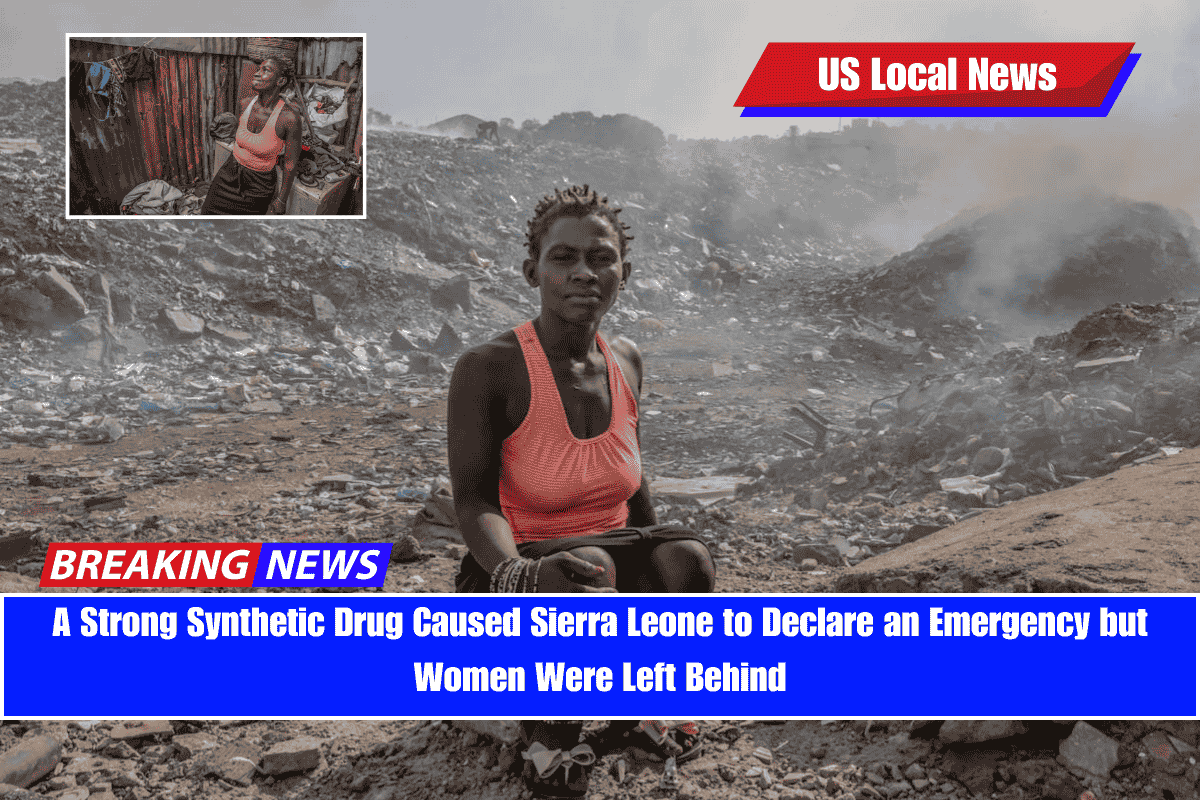
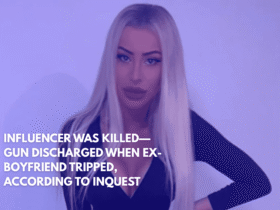

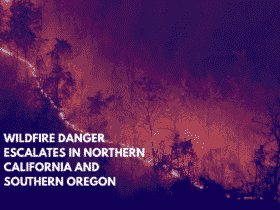


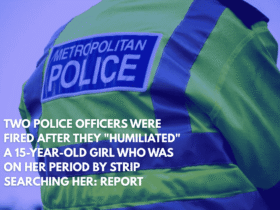
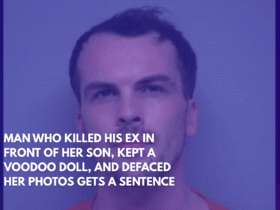
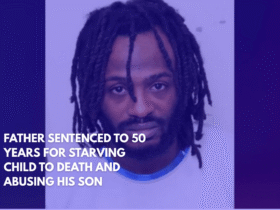
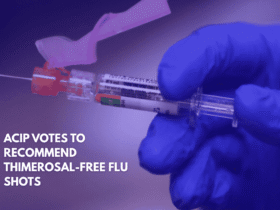
Leave a Reply